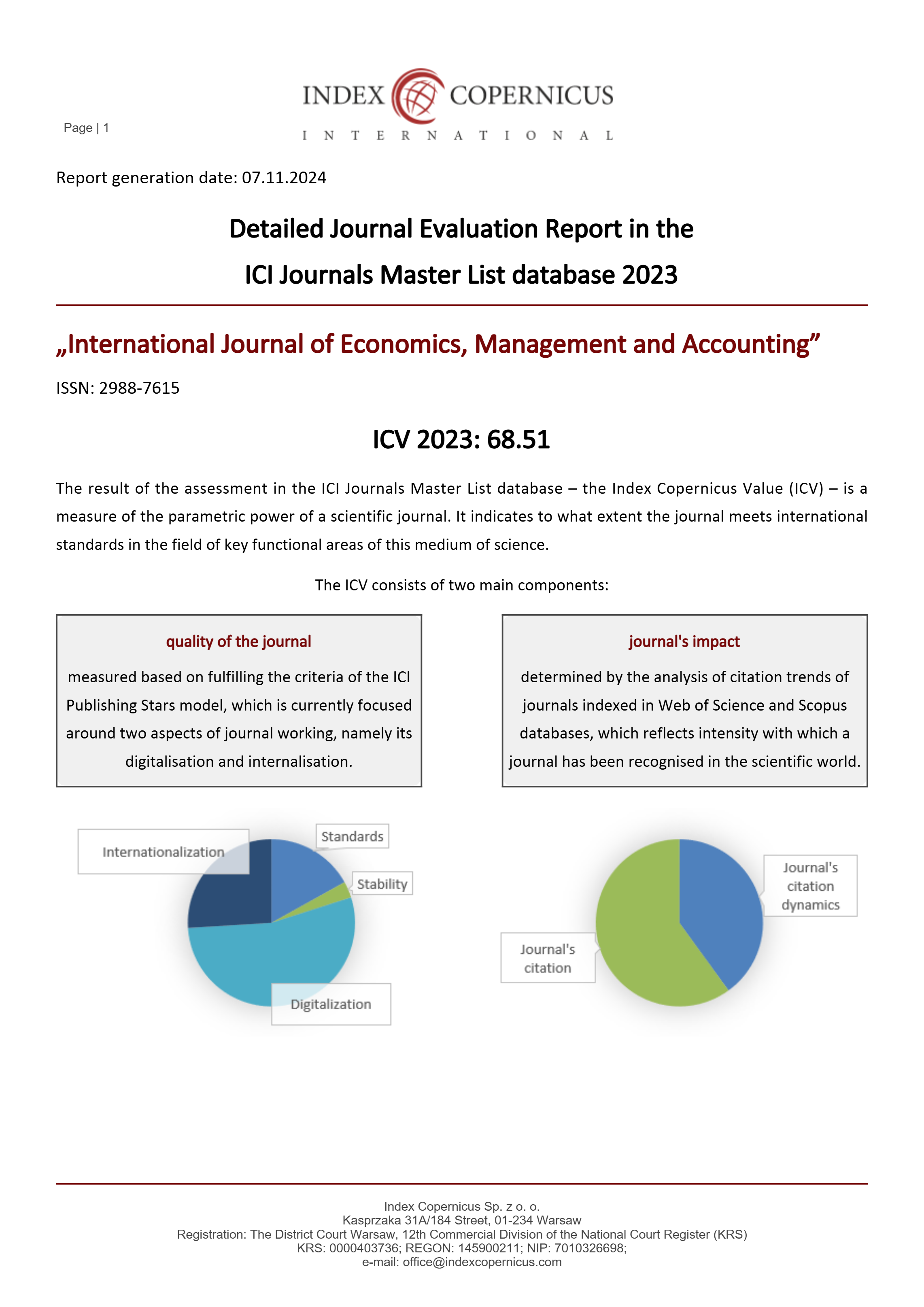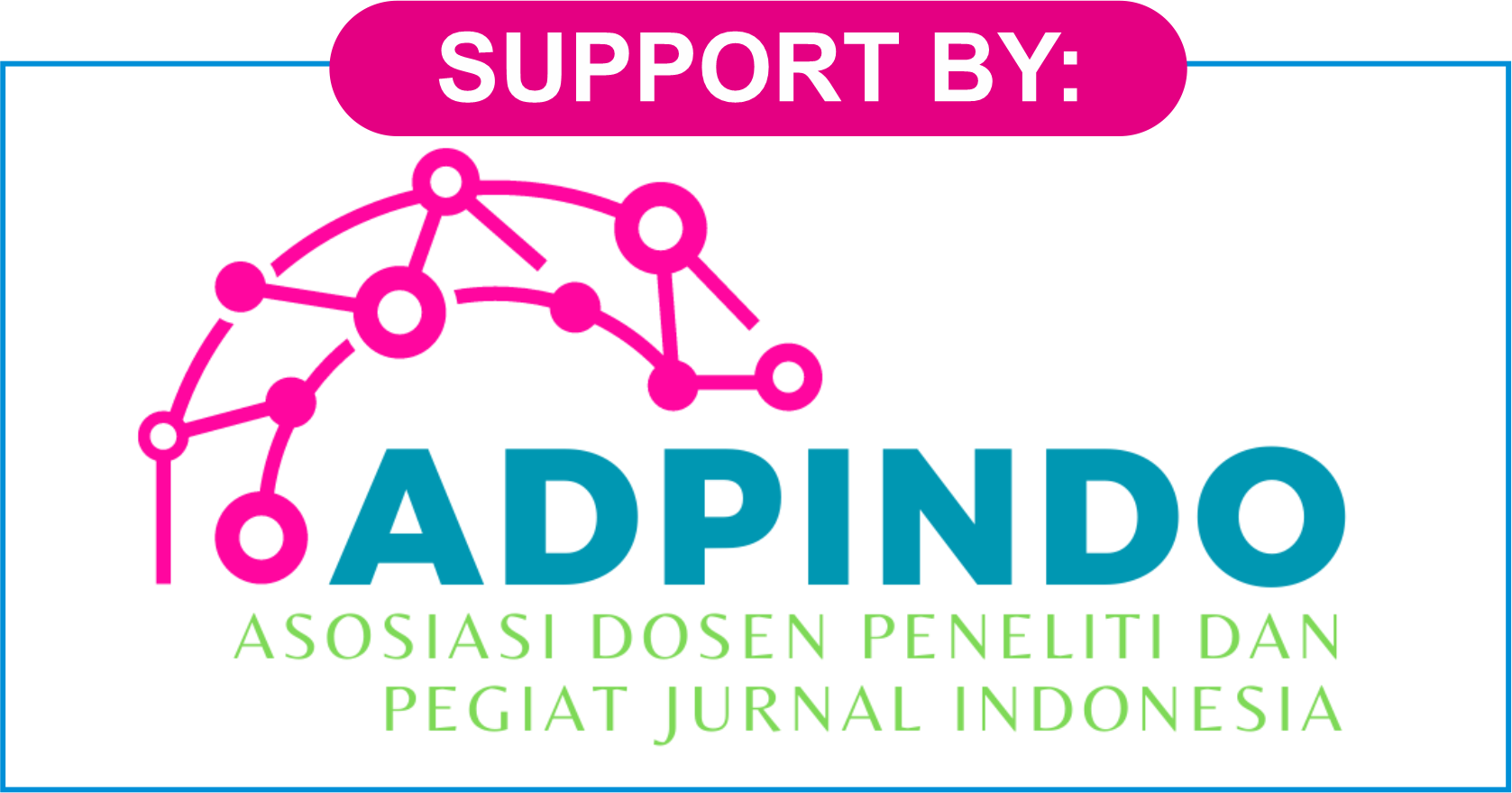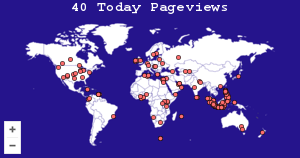Knowledge Management and its Implementation in the Human Resources Unit of the Palembang Muhammadiyah Hospital
DOI:
https://doi.org/10.47353/ijema.v2i2.168Keywords:
knowledge management, human resources, Palembang Muhammadiyah HospitalAbstract
This research aims to describe Knowledge Management and its implementation in the Human Resources Unit of the Palembang Muhammadiyah Hospital. Based on this research, qualitative descriptive techniques are used which are connected to literature studies. The qualitative approach is usually referred to as a postpositivistic method because it is based on postpositivistic theory. The research strategy implemented has the initial aim of producing this article by providing research starting point for academics interested in this topic. Research resultThe application of KM is needed for an organization or company that empowers quite a lot or large human resources. And KM can help a company process the knowledge it has well so that this knowledge can be shared equally by every individual involved in an organization and company. By implementing this, an organization or company can advance in the field of information and knowledge processing.People, leadership, technology, organization, learning are important factors that must be considered so that an organization's knowledge management can be implemented optimally.New information and communication technologies, Integration of knowledge processes to organization's processes, Management support, Learning culture, Qualification of employees, Corporate cultureis according to several case studies with a focus on small and medium companies which are known to be critical success factors for implementing KM processes.
Downloads
References
Aditama, Tjandra Y., Manajemen Administrasi Rumah Sakit . Jakarta : Universitas Indonesia.2003.
Bhatt, D. (n.d.). EFQM - Excellence Model and Knowledge Management Implications. Retrieved April 8, 2012, from www.eknowledgecenter.com: http://www.eknowledgecenter.com/articles/1010/1010.htm
Davenport, T. H., De Long, D. W., & Beers, M. C. (1998). Successful KMProjects. Sloan Management Review.
Djalip, I. P., Kosasih, K., & Paramarta, V. (2024). Pengaruh Kompetensi dan Evaluasi Kinerja terhadap Motivasi dan Implikasinya pada Performa Pegawai . Jurnal Pendidikan Tambusai, 8(2), 25954–25972. Retrieved from https://jptam.org/index.php/jptam/article/view/16332
Efraim, Turban, E. Aronson, J., E. Ting – Peng, L. Shardan R. (2007). Decision Support and Business Intelligence Systems. Prentice Hall.
Godbout, A. J. (2000). Managing core competencies: the impact of knowledge management on human resources practices in leading-edge Organization. proquest, 76.
Hartini, Hartini & Nainggolan, Hermin & Setiowati, Rini & Tyas, Yayuk. (2023). Pengantar Manajemen SDM di Era Modern.
Ismail Solihin, Pengantar Manajemen, Erlangga, Jakarta, 2012, hal. 12
Kisbiyanto, 2012. Manajemen Sekolah. Yogyakarta : Mahameru
Liebowtiz, J; Beckman, T., J. (1998). Knowledge Organization: What Every Manager Should Know. Boca Raton: CRC Press LLC.
Nonaka, I. and Takeuchi, H. (1995), The Knowkdge Creating Company, Oxford University Press, New York, NY.
O’Brien, James A. (2005). Pengantar Sistem Informasi - Prespektif Bisnis dan Manajerial. Jakarta: Salemba Empat.
Probst, Gilbert, Raub, Steffen, Romhardt, Kai. (2000). Managing knowledge : buildings for success. New York: John Wiley & Sons, Inc.
Sidhatama, B., Fatmasari, & Solikin, I. (2020). Implementasi Knowledge Management System Pada Rumah Sakit Muhammadiyah Palembang Berbasis Web (Study Kasus: Unit Sumber Daya Manusia). Jurnal Pengembangan Sistem Informasi dan Informatika Vol. 1, No. 3, 164-174.
Sutrisnowati, S. A., & Hadi, B. S. (2020). Tantangan Pengembangan
Downloads
Published
How to Cite
Issue
Section
License
Copyright (c) 2024 Gladdays Naurah, Diana Pratiwi, Tia Ariani Salsabila, Rino Orleans Adam, Muhammad Nurrochman, Vip Paramarta

This work is licensed under a Creative Commons Attribution 4.0 International License.











